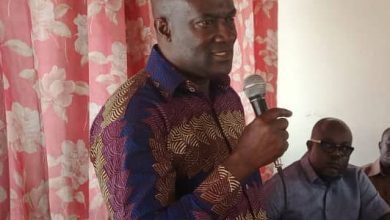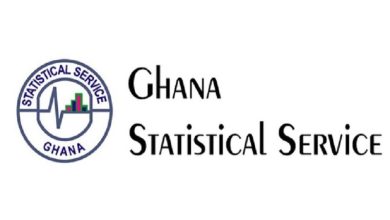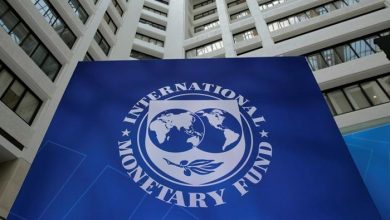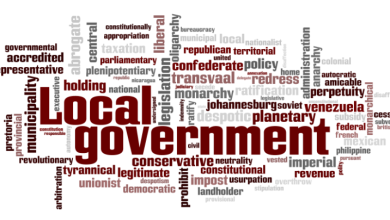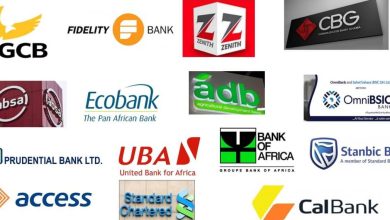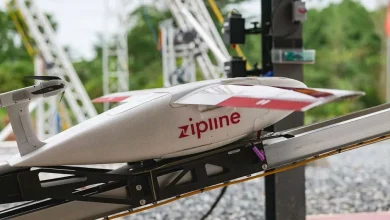IEA Cautions: Ghana’s Growing Population Challenges Fiscal Consolidation Efforts
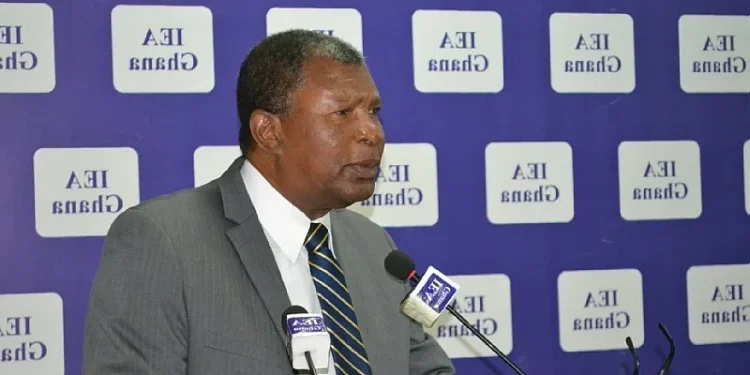
Ghana’s rapidly expanding population is stretching the fiscal space and complicating efforts to achieve meaningful expenditure cuts.
This is according to the Institute of Economic Affairs (IEA).
From just 6.7 million in 1960, Ghana’s population has gone past 34 million in 2025, intensifying demand for schools, hospitals, and infrastructure.
The IEA warns that these structural pressures make it nearly impossible for the government to trim spending without undermining critical social and economic services.
Board Chairman of the IEA, Dr. Charles Mensa, argues that the long-term solution lies in boosting domestic revenue rather than austerity.
“Our expenditure will keep on growing, and it should grow as a people. We started with 5 million people during the days of Nkrumah and today we are 33 million people. We need to build more roads, more hospitals more schools so when I hear people say cut expenditure; I ask which one should we cut?,” he said.
He stressed the need for Ghana to secure stronger ownership and control over its natural resources to enhance revenue flows and reduce reliance on debt financing.
“Our best way forward is to own our resources. Until we own our resources it is going to be very difficult to generate enough revenue to meet our growing expenditure.”
Although there is no explicit directive from the IMF and World Bank for Ghana to cut spending, their programs and financial assistance are tied to strict fiscal discipline, often requiring expenditure optimisation to meet program objectives.
Ghana has been implementing fiscal adjustments under the IMF’s Extended Credit Facility (ECF) and World Bank-backed initiatives to stabilise the economy and rein in public debt.
Already, the government signalled its commitment to expenditure rationalisation in its early days by capping ministerial appointments at 60 and trimming non-essential foreign travel.



